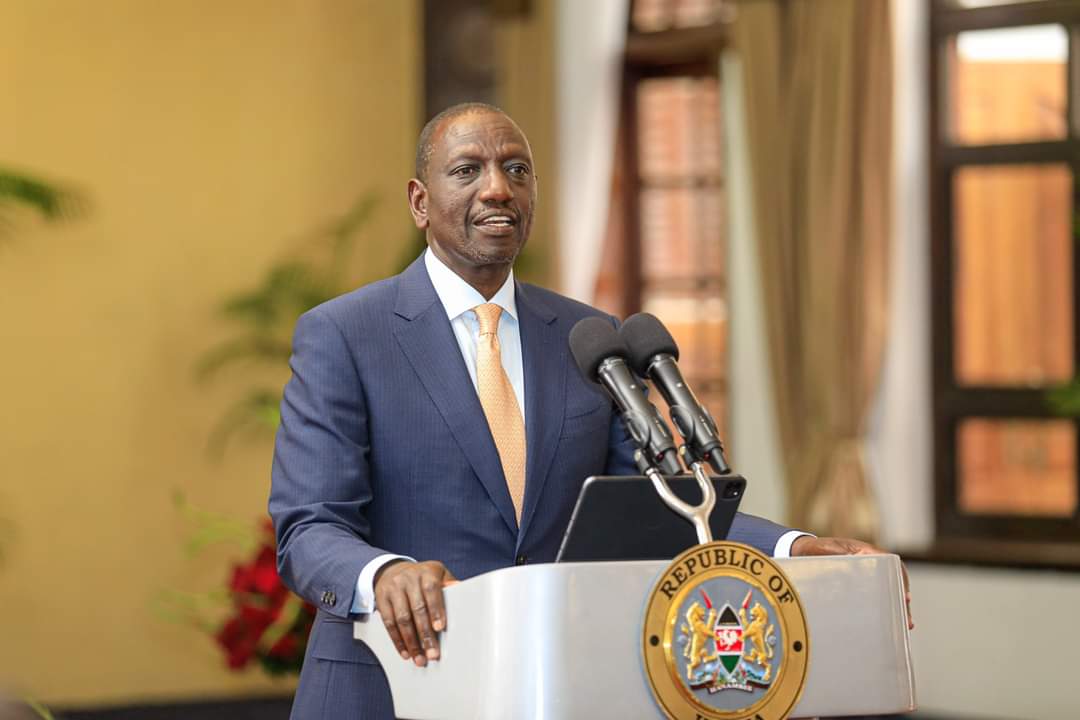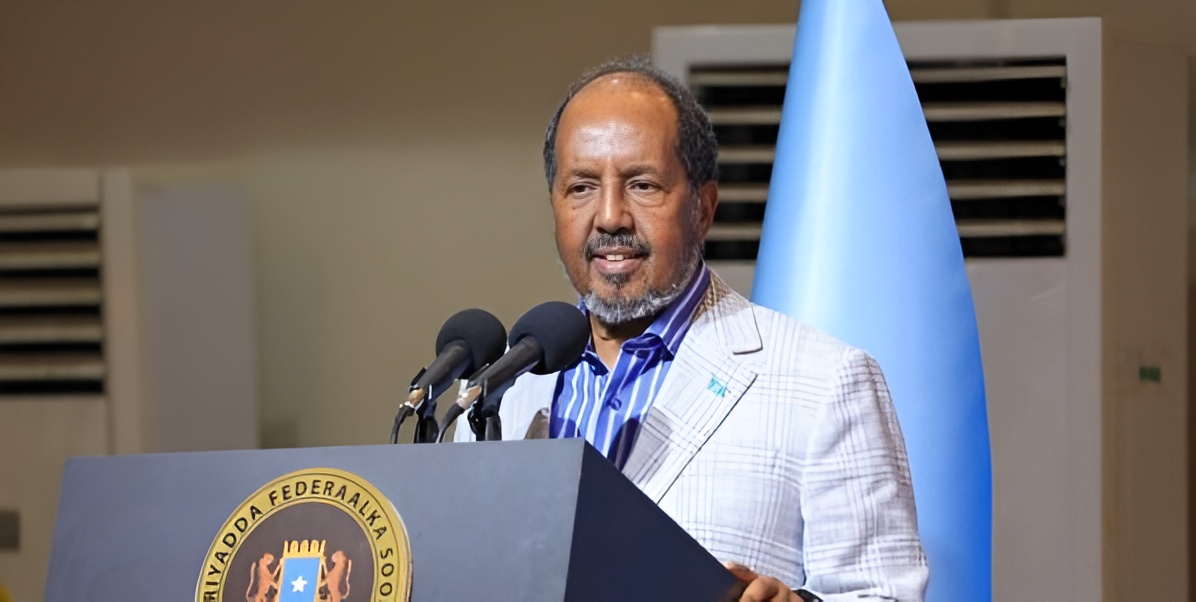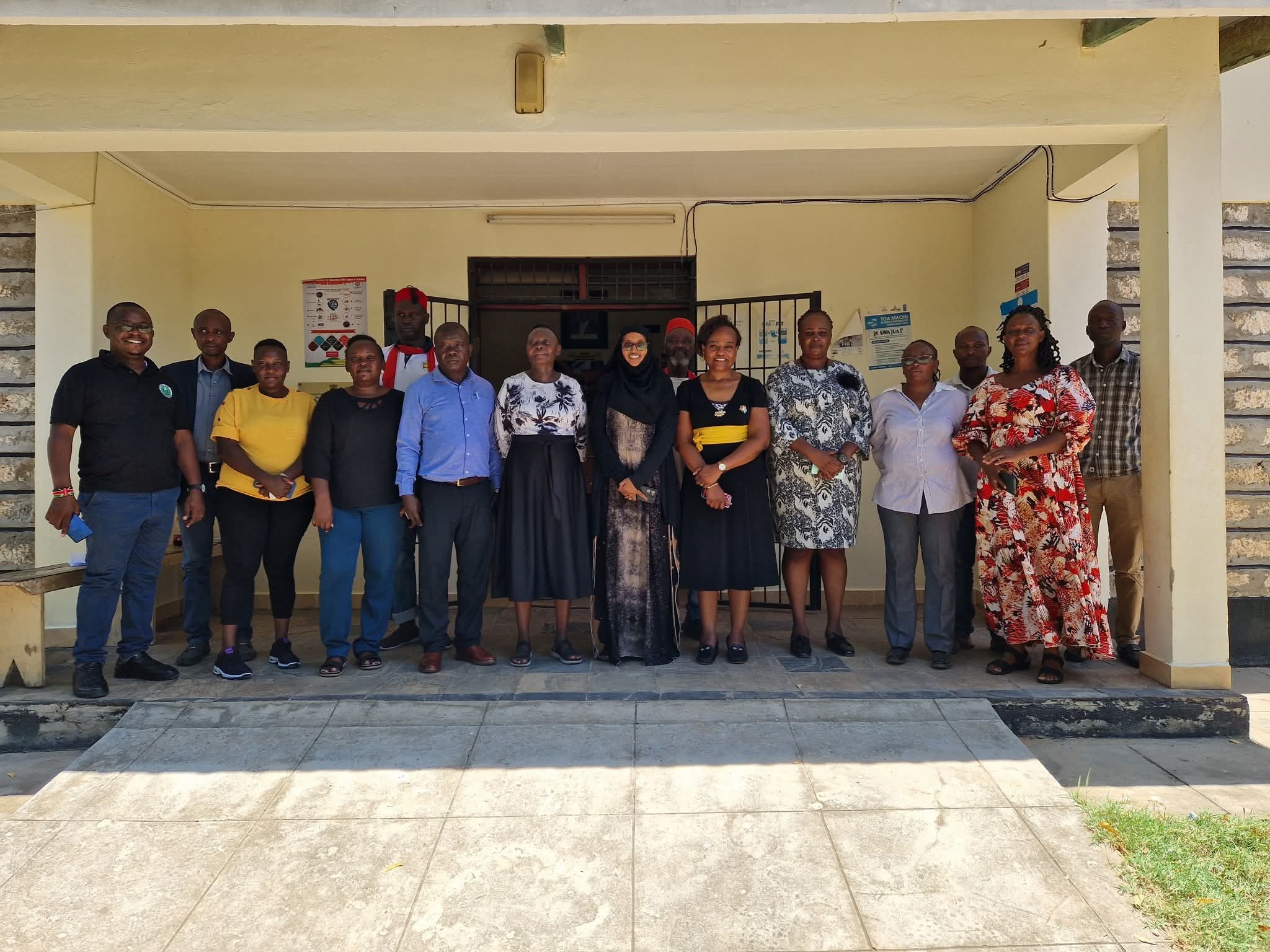UN Trade and Development cautions developing countries against issuing more Eurobonds

Agency warns the move could attract high costs and worsen their debt dynamics.
The United Nations Conference on Trade and Development has cautioned developing countries facing a high risk of debt distress against issuing more Eurobonds, warning that the move could attract high costs and worsen their debt dynamics.
According to UNCTAD's latest Trade and Development Report (April 2024), issuing high-risk bonds also referred to as non-investment grade or junk bonds, comes with a hefty price tag due to the risk premium investors demand.
More To Read
- Global growth set to stall in 2025, UN flags financial and geopolitical risks
- National Treasury secures Sh437.8 billion loan to plug budget deficit
- Kenya’s foreign exchange reserves hit all time high on new Eurobond
- Kenya secures Sh193 billion loan to cut borrowing costs, boost stability
- CS Chirchir defends Sh175 billion infrastructure bond, assures it won’t raise public debt
- Kenya eyes TDB loan to clear Sh51.6 billion debt due September
This, the report says, has significant implications for the debt dynamics of affected countries, which are already grappling with low economic growth rates.
"Implicit borrowing costs, gauged by yields, are substantially above existing borrowing costs, as measured by the average weight of existing bond coupons. The difference is especially large for non-investment-grade countries," the agency notes.
“Consequently, countries capable of issuing bonds do so at higher coupon rates, compared with bonds being currently repaid. This has detrimental effects on debt dynamics, especially in a context of low economic growth, and more broadly on the allocation of public spending.”
The report cites Benin, Côte d'Ivoire, and Kenya as examples of non-investment-grade countries that raised $17 billion through Eurobonds in the first quarter of 2024.
On the other hand, five countries issued investment-grade bonds worth $28.5 billion. In total, bond issuing by developing countries in the first quarter of 2024 soared to $45.5 billion, a record high for this period of the year.
“Renewed access to market financing is a welcome development, particularly for non-investment-grade countries, many of whom are at high risk of or in debt distress,” UNCTAD notes in its latest report.
"Overall, the deterioration of key determinants of debt dynamics underlines the structural nature of debt challenges faced by developing countries," the report says.
Sovereign bond sales
The UN agency notes that since early 2024, sovereign bond sales for some developing countries have resumed, buoyed by a thaw in the financial markets and expectations of interest rate cuts in major developed economies. However, the debt and development crises faced by many developing countries continue to worsen.
The report states that a key dimension of the current crisis is the increase in public resources and export revenues that must go towards public and publicly guaranteed debt service (to cover both the principal and interest payments).
In 2022, developing countries paid close to $50 billion more to their external creditors than they received in fresh disbursements, with private creditors accounting for most of the change in net transfers.
The report notes that lack of progress on multilateral solutions in addressing the different components of this complex debt problem, including low economic growth, profit shifting and base erosion, commodity dependence, high climate vulnerability, significant financing costs, the absence of a global financial safety net and effective multilateral sovereign debt resolution mechanisms further exacerbates the burdens faced by populations in developing countries in the form of larger fiscal adjustments and puts at risk the achievement of the Sustainable Development Goals.
The World Bank has predicted 5 per cent economic growth for Kenya in 2024, driven by increased investment and restored access to international capital markets. This growth is expected to be driven by investor confidence, capital inflows, and reduced domestic government borrowing, leading to more credit for the private sector.
Other factors contributing to growth include a recovery in agriculture and tourism, as well as deeper regional integration. The economy is expected to grow by at least 5.2 per cent in 2025–26, according to the World Bank's latest Africa's Pulse report.
However, the International Monetary Fund (IMF) has cut Kenya's GDP growth forecast for 2024 to 5 per cent from 5.3 per cent, citing external shocks. The global economic slowdown in 2023 was less severe than originally projected, but the UN Trade and Development Agency warns of a further downshift this year.
Rebeca Grynspan, Secretary-General of UN Trade and Development, has called for concerted multilateral action and a balanced policy mix to safeguard the global economy. She highlights the need for global policy coordination to address shifting trade patterns, soaring debt, and the mounting cost of climate change, which disproportionately affects developing countries.
In Kenya, the Central Bank has retained its base lending rate of 13 per cent, citing measures to manage inflation. The country's overall inflation fell to 5.7 per cent in March 2024, driven by lower food and fuel prices.
However, UNCTAD notes that monetary policy alone cannot solve global challenges and underscores the need for concerted multilateral action and a balanced policy mix to achieve financial sustainability, create jobs, and improve income distribution.
To restore trust in the multilateral system, Grynspan spotlights two critical areas: coordinated multilateral efforts to address international trade asymmetries and market concentration, and an inclusive and global reform of the global financial safety net to give borrowing countries more fiscal flexibility to reach the Sustainable Development Goals.
The report also highlights the need for advanced economies' central banks to consider supply chain issues and market dominance when raising interest rates to combat inflation. Rising protectionism, disrupted maritime routes due to geopolitical tensions and climate change continue to threaten global trade, which decreased by 1 per cent in 2023 despite 2.7 per cent global economic growth.
Top Stories Today












































